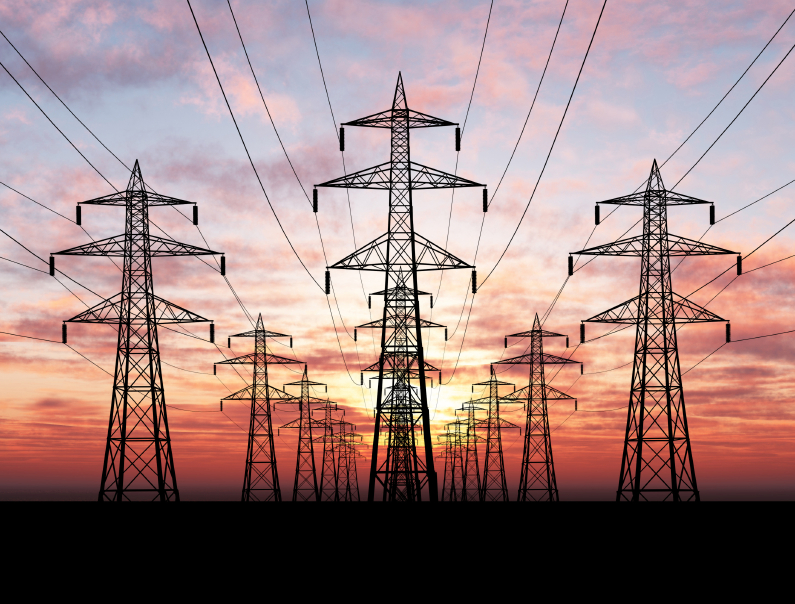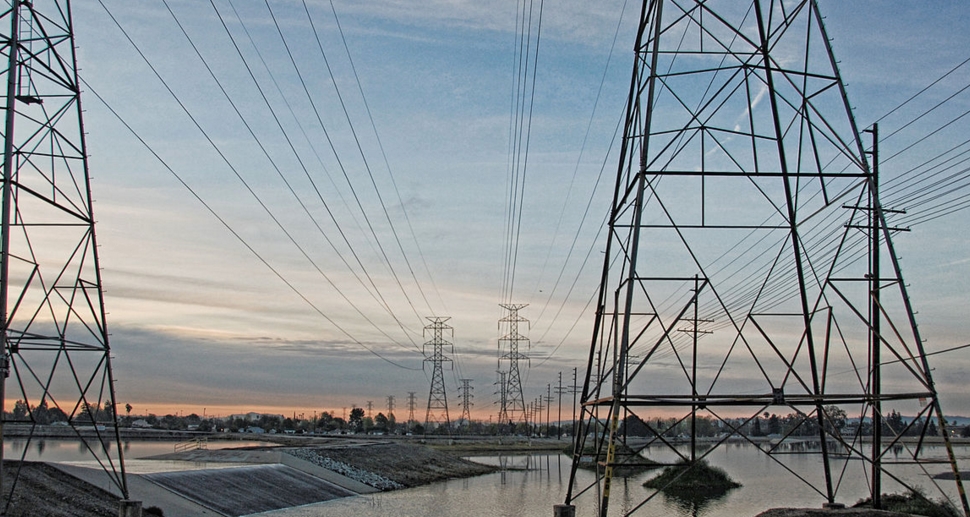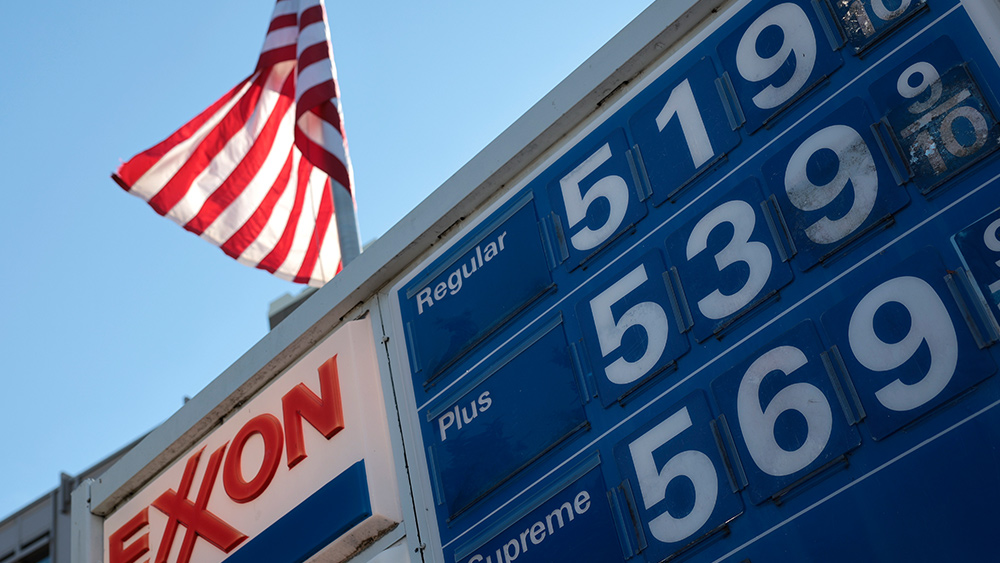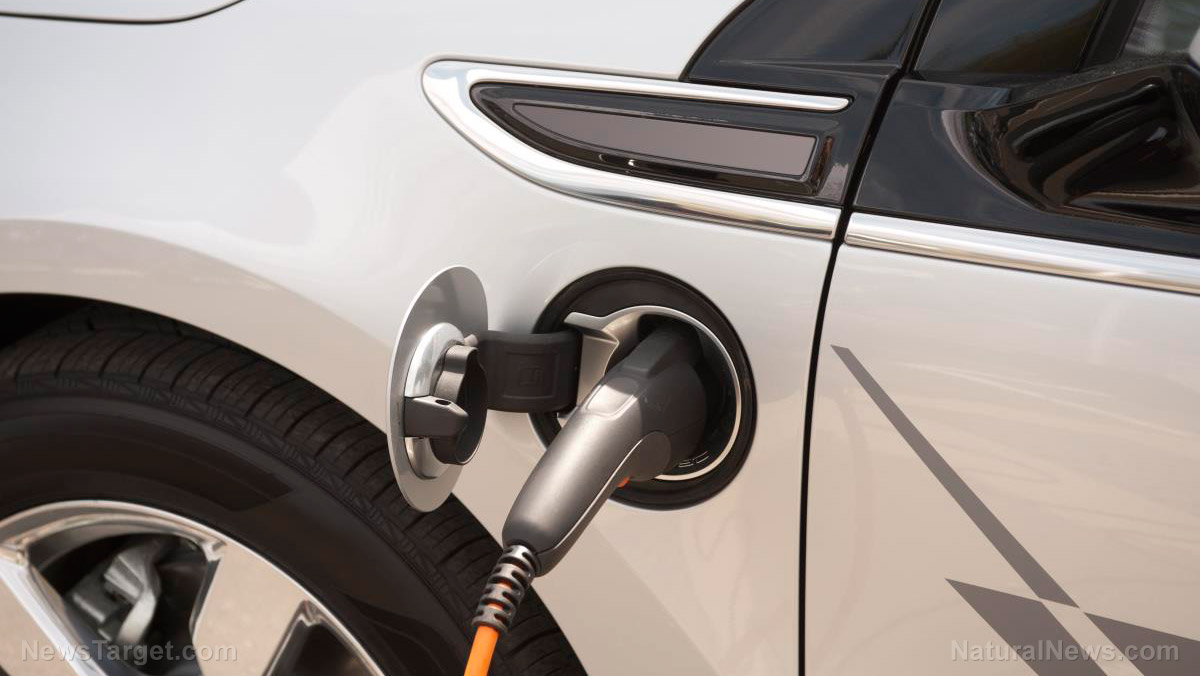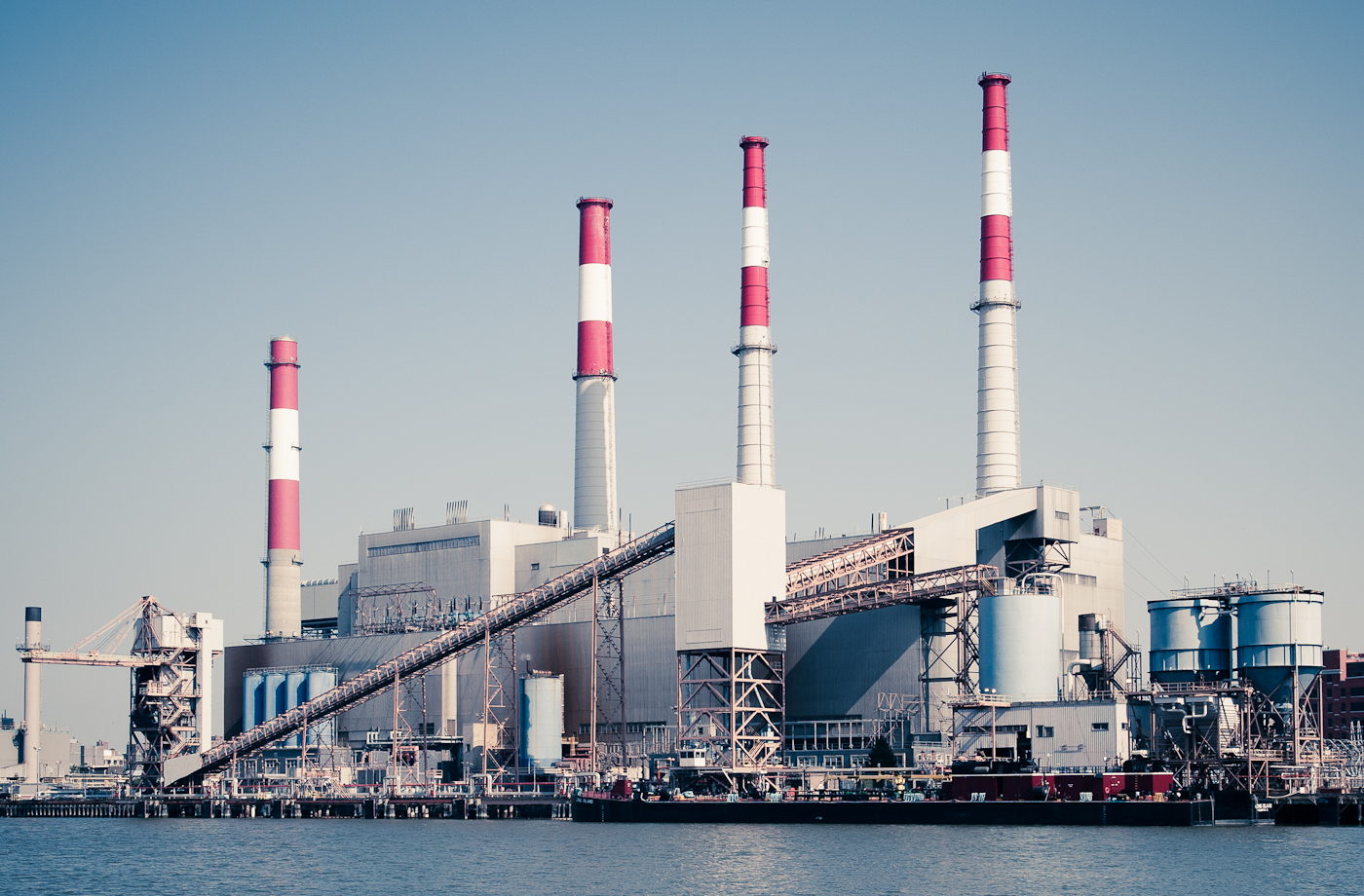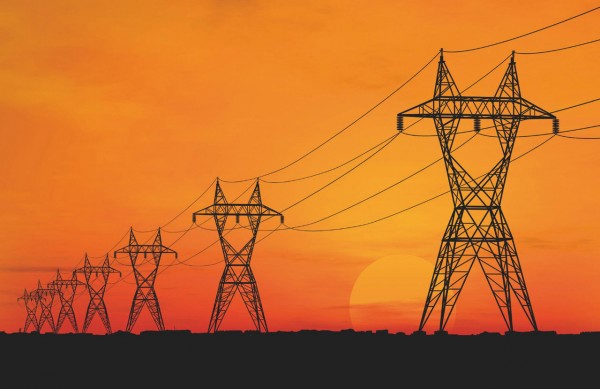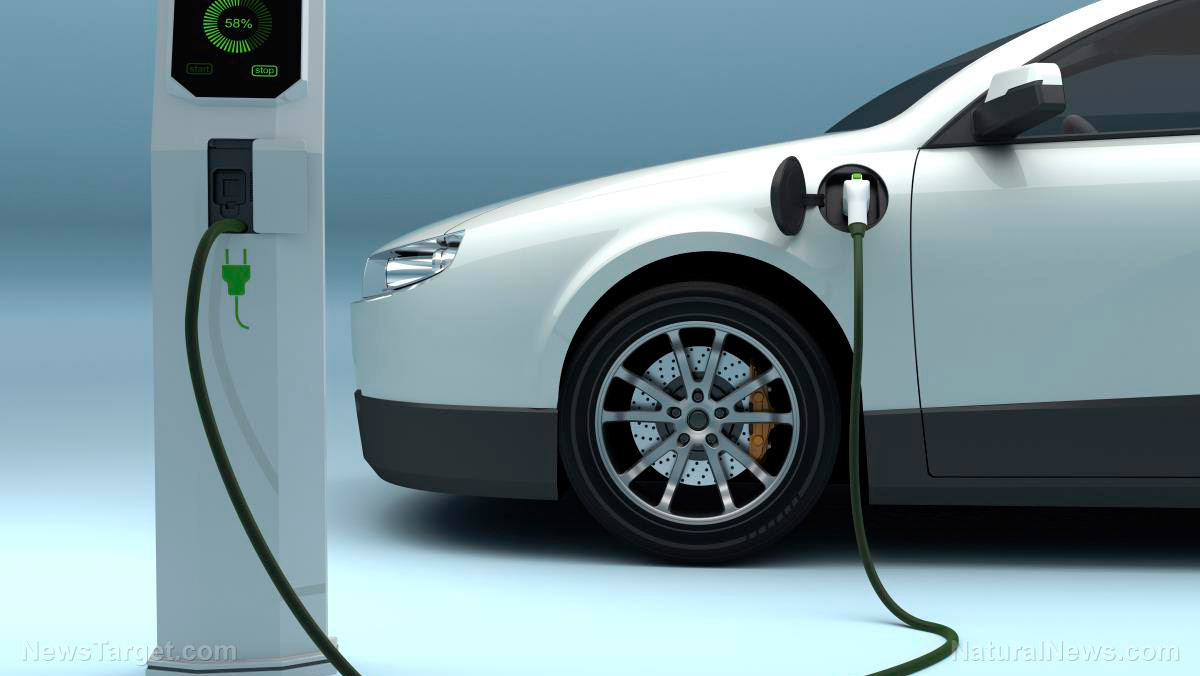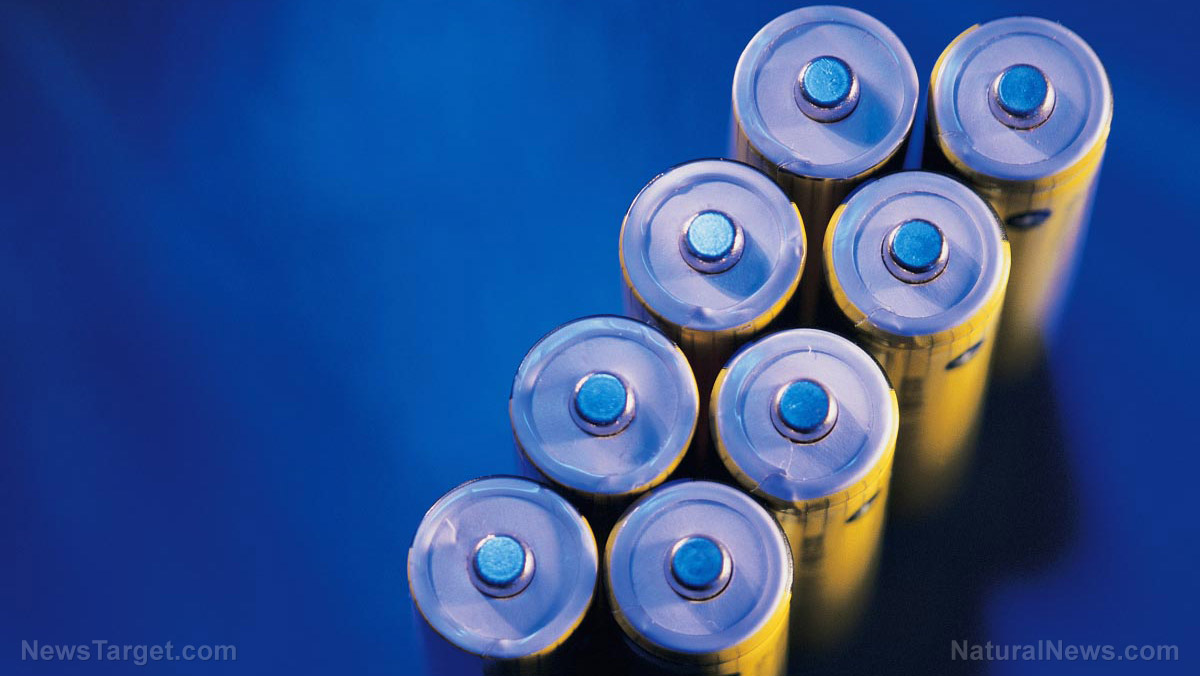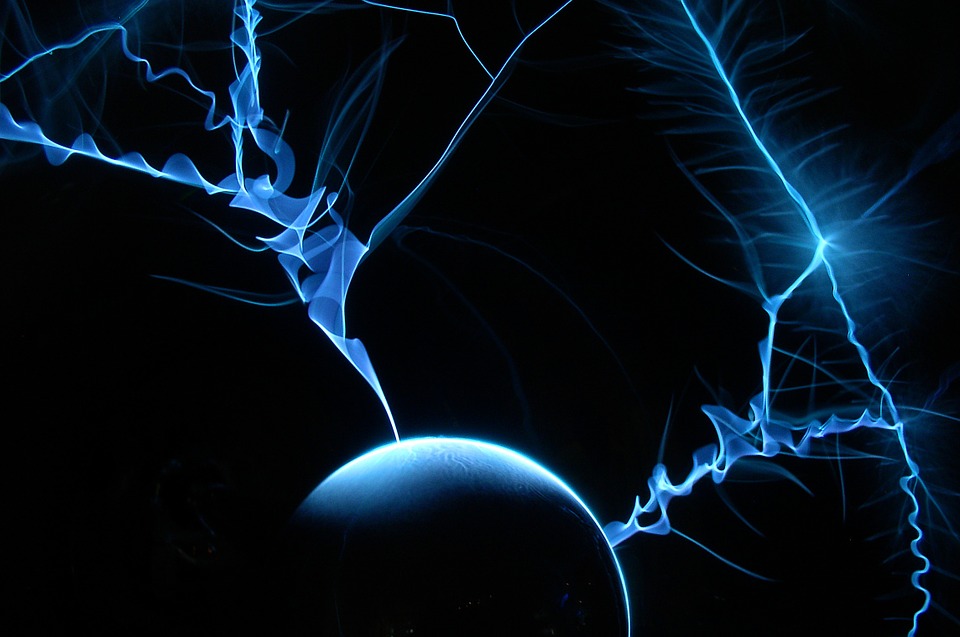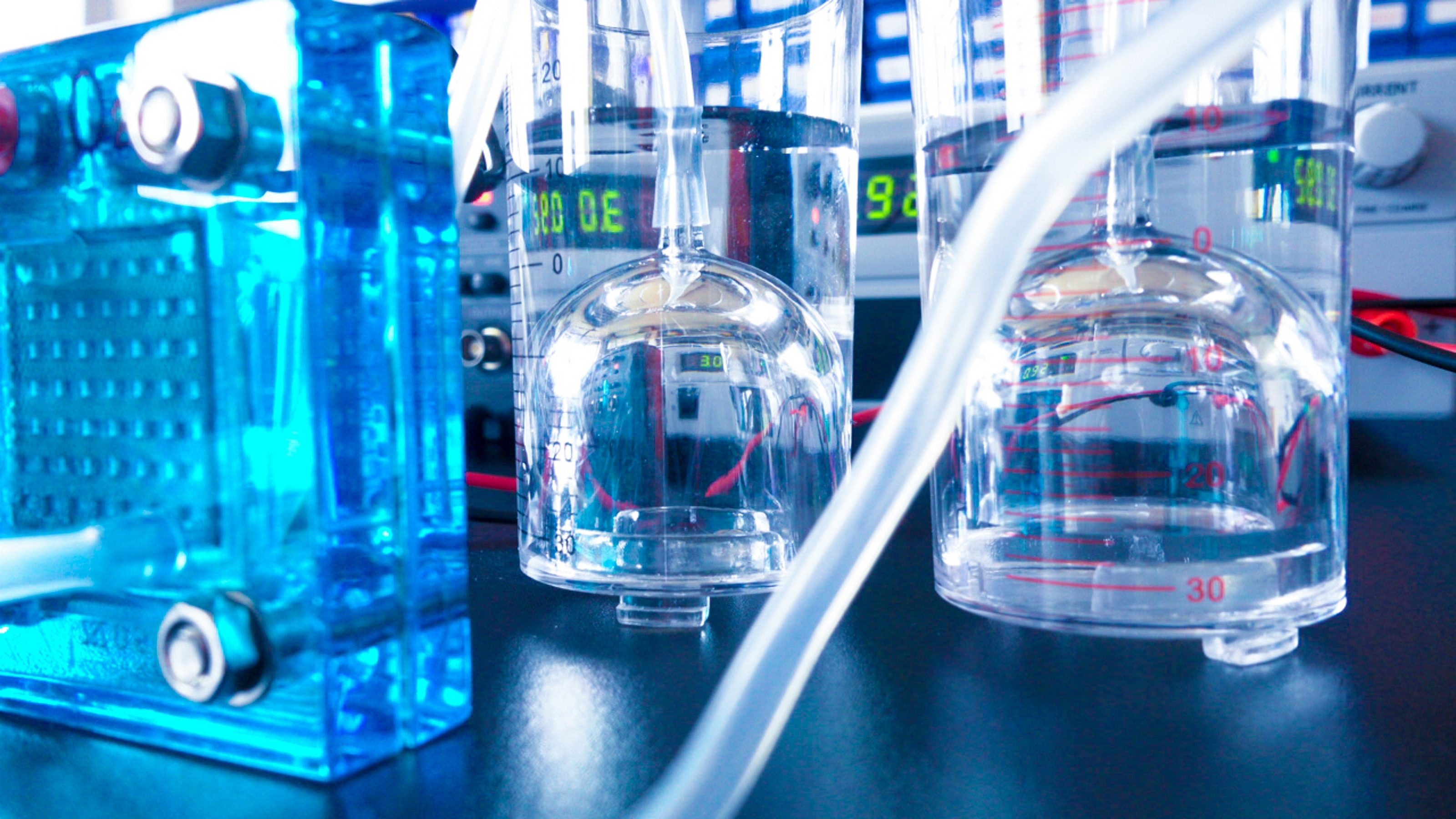Hyzon Motors to build largest fuel cell material production facility in America
03/03/2021 / By Franz Walker
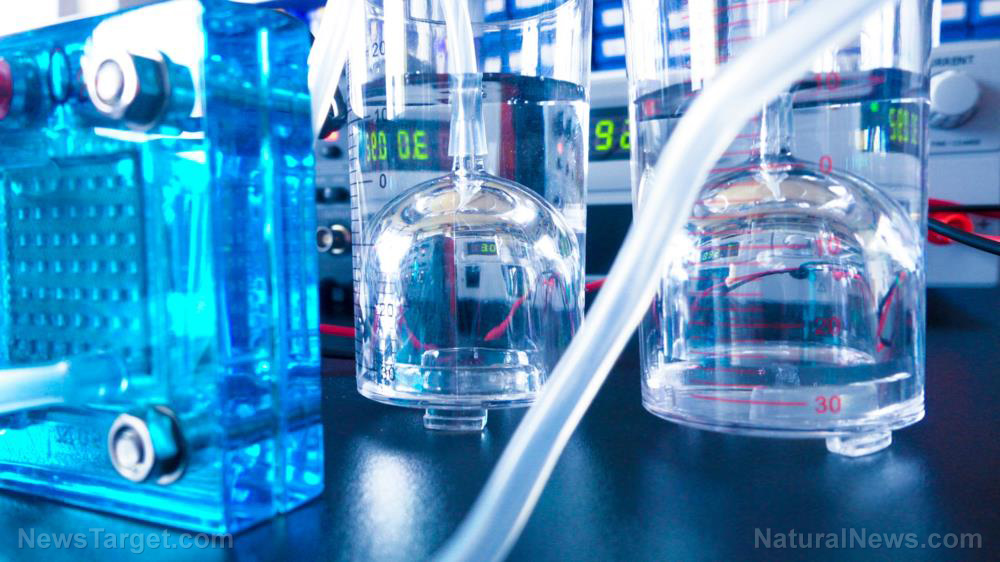
New York-based Hyzon Motors announced on Monday, March 1, its plans to build just outside Chicago the largest production facility for fuel cell components for commercial vehicles in the United States.
The hydrogen-powered truck and bus manufacturer is leasing a 28,000-square-foot facility it has dubbed the Hyzon Innovation Center in the Chicago suburb of Bolingbrook. As part of their plans for the new plant, Hyzon is planning to expand the facility by an additional 80,000 square feet.
“The new Hyzon Innovation Center is essential to our strategy to expand the U.S. hydrogen supply chain, reduce fuel cell costs for commercialization, and create local jobs,” said Hyzon chairman and co-founder George Gu. “We chose the greater Chicago area due to its top-tier universities, national labs, equipment companies and manufacturers, and a large pool of talent for recruiting a highly-skilled workforce. We are looking forward to empowering this unique ecosystem so that we can further accelerate the energy transition and decarbonize heavy road transport.”
U.S. is currently lagging behind in fuel cell component production
While Hyzon is a relatively new name in the industry – having been established as its own company in March of 2020 – it carries with it decades of experience. Prior to its founding, the company was actually a part of Singapore’s Horizon Fuel Cell Technologies, which had been developing commercial applications for fuel cells since 2003.
Since branching out on its own, Hyzon has been focused on building its business. In February, the company inked a deal with New Zealand’s Hiringa Energy to have up to 1,500 fuel cell trucks on New Zealand’s roads by 2026.
The U.S. has so far lagged in the production of membrane electrode assemblies (MEA), a critical component of fuel cells that accounts for about 70 percent of the cost of a fuel cell stack.
Currently, MEAs are produced at a commercial scale mostly in Canada, Europe, Korea, Japan and China. Some MEA productions take place in the U.S., but its smaller scale has so far been a supply and cost bottleneck for domestic fuel cell electric vehicle production. (Related: Researchers develop a fuel cell from lignin, a byproduct of paper manufacturing.)
“Hydrogen is much more available in places like Germany or The Netherlands,” Hyzon CEO and co-founder Craig Knight said in an interview with TechCrunch. “There’s already a number of commercial vehicle stations where you can just pull up and pay to fill up like you do with gasoline today in the U.S. It won’t be long before that is a reality, but for the moment we limit the dependence on networks of hydrogen stations by focusing on the customers that use back-to-base operating models, where you only need one piece of hydrogen infrastructure to fuel dozens or even sometimes hundreds of vehicles in a given area.”
Production expected to start in Q4
The Hyzon Innovation Center is expected to commence production of MEAs in the fourth quarter of 2021 with the initial 28,000 square feet of manufacturing space, before expanding to its full, 80,000 square-foot capacity.
Once production at the facility reaches full capacity, it is expected to produce enough MEAs to cover the production needs for up to 12,000 hydrogen fuel cell-powered trucks each year.
“We are excited about our plans to open the first high-volume MEA production line for hydrogen fuel cells in the US, which we anticipate will enable us to rapidly scale up the production of our fuel cells and deliver up to 12,000 Hyzon zero-emission heavy vehicles each year,” said Knight. “We see a substantial uptake in Europe already, and anticipate North America will soon follow suit on this decarbonization journey for heavy transport.”
The Chicago plant is just one of two planned Hyzon facilities in the U.S. A week prior to announcing it, the company had already revealed plans to renovate a 78,000-square-foot factory in Monroe County, New York. Once the renovation is complete, finished MEAs from Chicago would be shipped to the Monroe plant where they would be assembled into complete fuel cells. From there, the plan is to ship the fuel cells to Hyzon’s truck manufacturing partners.
Follow NewEnergyReport.com for more on fuel cells and other clean energy sources.
Sources include:
Submit a correction >>
Tagged Under:
Chicago, electric vehicle, EV, fcev, fuel cell electric vehicle, good tech, green energy, hydrogen, hydrogen fuel cell, Hyzon, industry, manufacturing, renewable energy, USA
This article may contain statements that reflect the opinion of the author
RECENT NEWS & ARTICLES
Electricity.News is a fact-based public education website published by Electricity News Features, LLC.
All content copyright © 2018 by Electricity News Features, LLC.
Contact Us with Tips or Corrections
All trademarks, registered trademarks and servicemarks mentioned on this site are the property of their respective owners.

